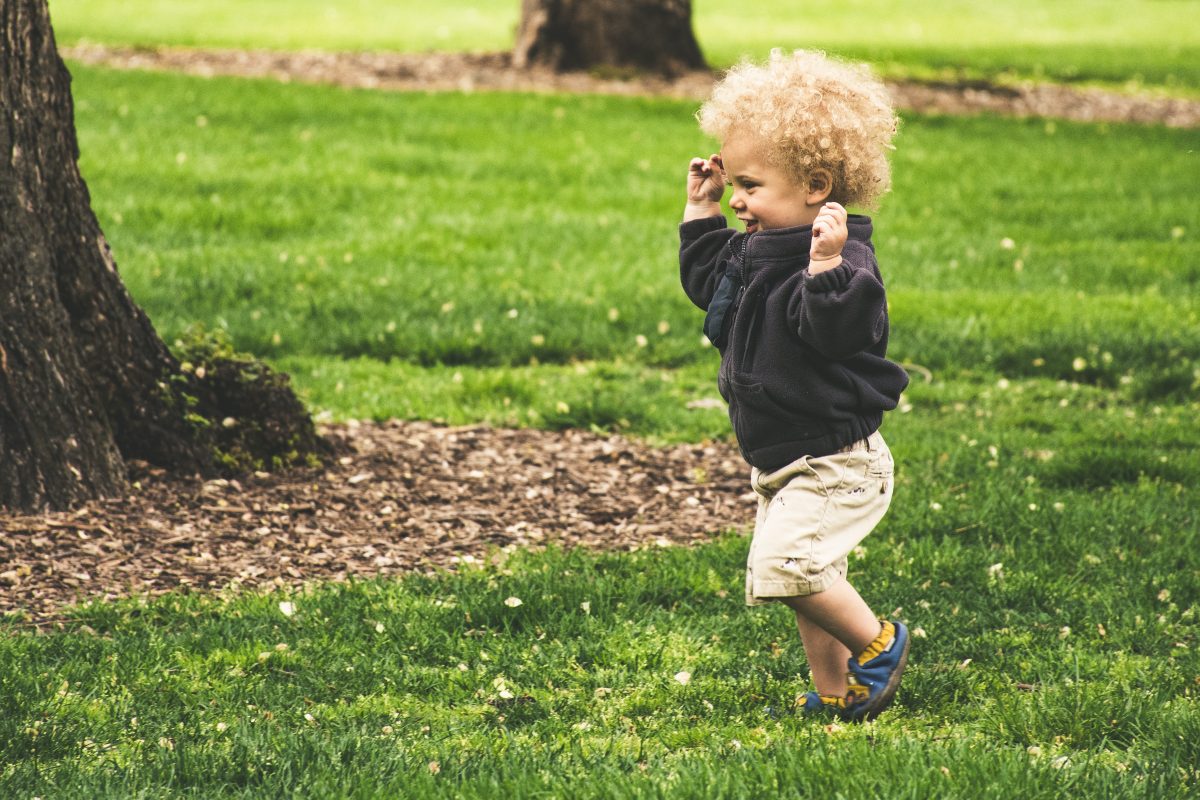It just seems like yesterday you became a parent to a newborn, now you are transitioning into the toddler years.
The next phase in your little one’s development is probably going to be the most challenging. By now your toddler can walk, run, jump, climb, and is eager to explore their environment. Though, still little, they already have strong opinions on everything.
Be prepared for the inevitable tantrums. They will cry, sulk, demand, and yell. You will wonder why there is so much advice for new parents when this phase is so challenging and there seems to be no comprehensive manual.
Well, here are 5 ways to plan and prepare for those toddler years.
Toddler Safety
Injuries are common for children under the age of four. Some of these injuries may be preventable. As your precious little one grows into a toddler it’s vital that you take precaution to ensure your home is safe as your toddler explores their environment.
Start by putting measures in place to prevent falls for your toddlers. For example, install safety guards on balconies and railings on stairs. Ensure, however, they are at least two meters in height and that the gaps between the rails are no wider than 12.5cm.
Toddlers are often very good at climbing and squeezing through small spaces. Remove as many of these possibilities as possible.
Also, if you often travel in the car with your child, you may want to start transitioning from the rear-facing baby car seat to a booster seat for your toddler as their height and weight allows you to lawfully do so.
The move from a baby seat to a booster seat ensures your bundle of joy is properly secured with the appropriate age seat harness.
Toddler Play
Understand that your toddler is keen to explore their environment and often they do this through play.
By playing and interacting with others your child learns valuable life lessons that stay with them. For example, your child might sometimes want to draw which is an excellent way to explore their creativity.
Create a space for your toddler to be able to do this so you do not end up with scribbles on your lounge, walls, and doors. Yes, it happens!
Your duty as a parent is to create a conducive and safe environment for them to play. You can also learn about age-specific games to suggest during their playtime.
Take advantage of every playtime to encourage them to learn and practice new skills. For example, while doing your laundry, you can get them to sort your socks and theirs.
Playgroups are a great means of allowing them space to play. This was the only times my kids got to paint. I was not game enough to deal with the mess paint creates at home.
Toddler Education
Stimulate your toddler’s interest in learning by reading, talking, and singing to them. As you sing, talk, share stories every day with your child you are helping them become familiar with sounds, words, and language which will help their literary abilities.
You can start by familiarising them with the letters of their name. Then, associating each letter with a different word.
Use rhymes and songs to get words to stick and while reading to them be sure to point under each word as you read them out.
Also, ensure storytelling is done regularly, is relaxed and fun that way your child will look forward to it. Take your cue from your little one, there are days they may not want to spend time reading, that’s OK too.
Toddler Behaviour
You will find at this age your toddler has a handful of ways to show their displeasure at something. It is not uncommon for the child to throw tantrums, yell, refuse things, throw away their toys, and even bang their head on the ground in order to have their way, get your attention, or show they are unhappy.
You should first seek to understand why your child is behaving in a certain way. Have they had enough sleep recently? Is the child healthy?
Lack of adequate rest could influence how your toddler reacts to situations. Plus, these challenging behaviors could be an early sign they are not healthy – you might want to take them to your physician for a checkup.
Toddler Sleep
Understanding your child’s changing sleep pattern will help you train them to master a healthy sleeping routine.
One positive at this stage of your child’s development is that they are likely to sleep through most nights without waking, unlike the early days.
However, the real work is in actually getting them to bed in the first place. So, you may want to maintain a firm and consistent sleep routine.
It is worth noting that it’s normal for most toddlers to sleep an average of 10-12 hours a day. 10 hours of sleep in the night and 1-2 hours of nap during the day.




